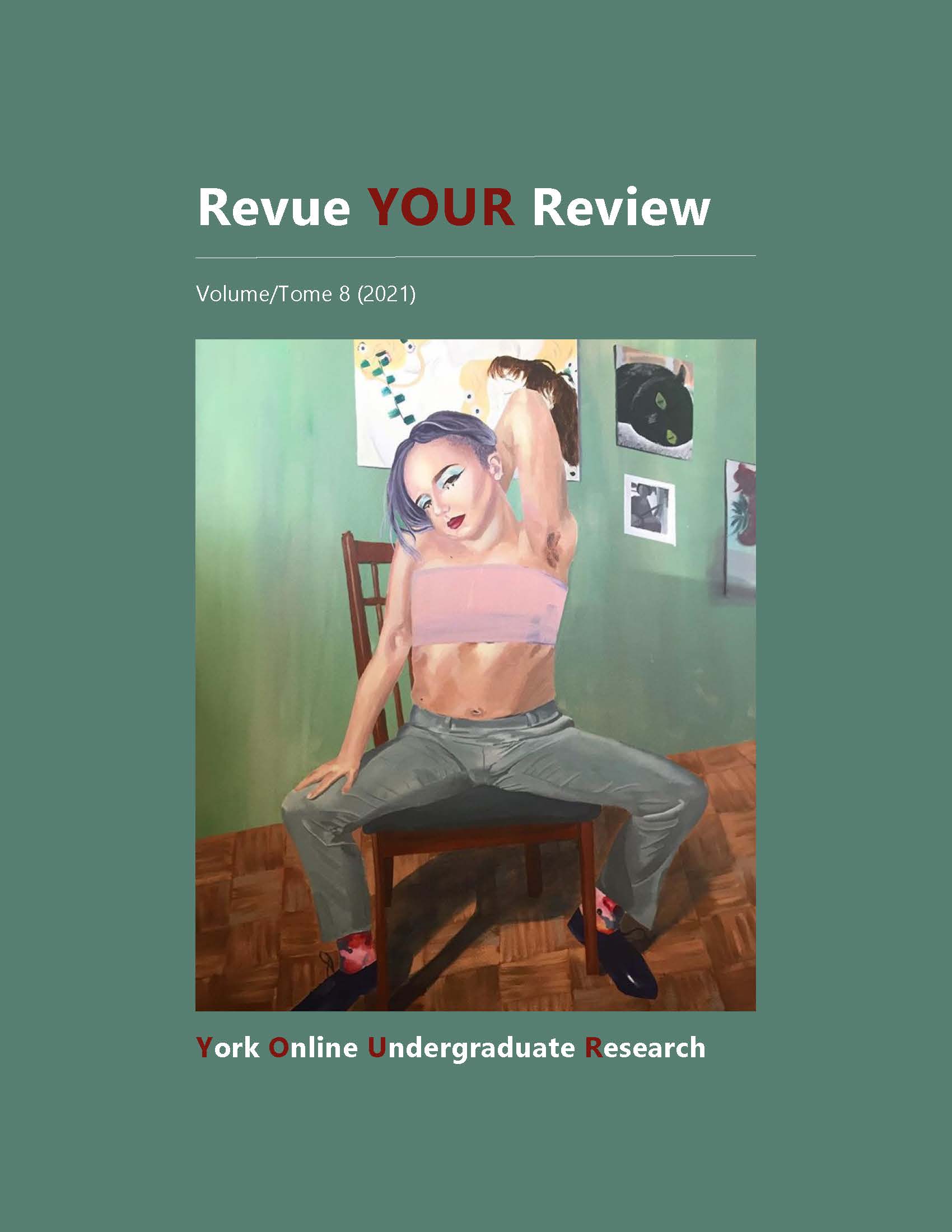Comparing psychology and non-psychology student attitudes toward care seeking
Abstract
Despite evidence that counselling and other forms of psychotherapy are critical to mental health recovery (Corrigan, 2014), fewer than one third of people living with mental illness seek treatment (Maranzan, 2014). Stigma surrounding mental health deters people from seeking help. Our 2018 study found that York University (Toronto, Canada) students implicitly associate care-seeking activities with negative personal attributes. Exposure, in the form of contact and education about psychological support, reduces stigma and negative biases (O’Brien et al., 2010; Rudman et al., 2001). We hypothesize that students studying psychology should have fewer negative associations toward seeking treatment. Using the implicit associations task (IAT), we assessed whether this is the case. Twenty-nine psychology students and 29 non-psychology students from York University completed the IAT. First, participants classified different activities (e.g., counselling) as being related to care seeking or daily living, and different personality traits (e.g., antisocial) as being positive or negative. Second, they classified these activities and traits into paired categories of either congruent (care-seeking/negative and daily living/positive) or non-congruent (care seeking/positive and daily living/negative) stereotyped associations. The reaction times to classify each item into the congruent and incongruent categories were evaluated. While all students were faster in the congruent associations, the results showed an interaction between areas of study and association pairs. Being exposed to incongruent pairs—i.e., care seeking and positive personality traits—slows down non-psychology more than psychology students. These results suggest that exposure to psychology courses does contribute to reducing negative biases against mental health care.
Downloads
Published
How to Cite
Issue
Section
License
LicenseAuthors contributing to Revue YOUR Review agree to release their articles under one of three Creative Commons licenses: Creative Commons Attribution 4.0 International; Creative Commons Attribution-NonCommercial 4.0 International; or Creative Commons Attribution-NoDerivatives 4.0 International. All editorial content, posters, and abstracts on this site are licensed under Creative Commons Attribution-NoDerivatives 4.0 International. For further information about each license, see:
https://creativecommons.org/licenses/
In all cases, authors retain copyright of their work and grant the e-journal right of first publication. Authors are able to enter into other contractual arrangements for the non-exclusive distribution of the e-journal's published version of the article (e.g., post it to an institutional repository or publish it in a book or in another journal), with an acknowledgement of its initial publication in this e-journal.


